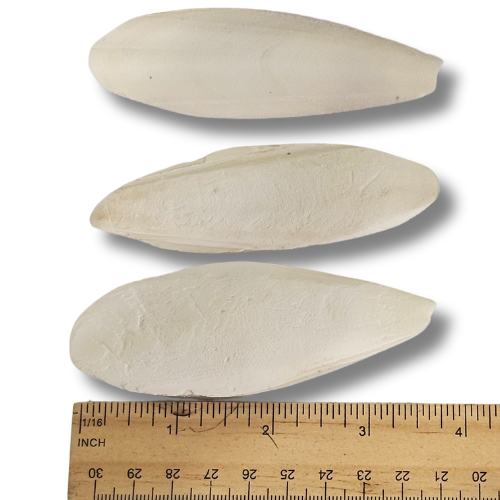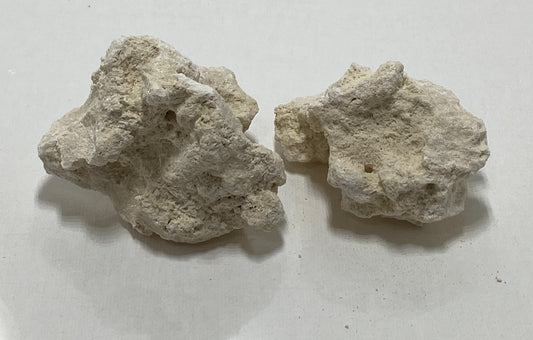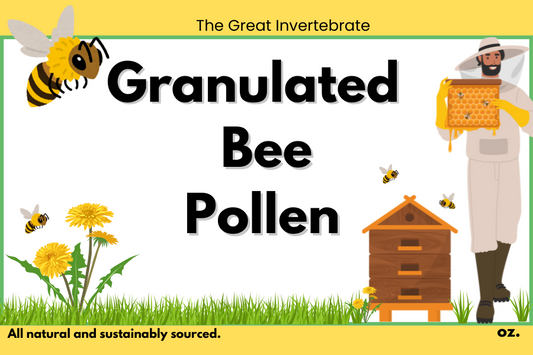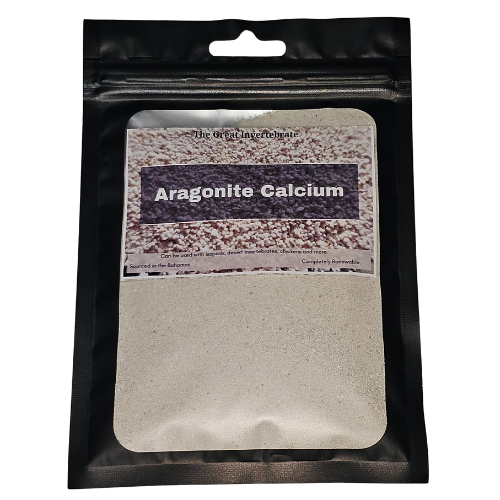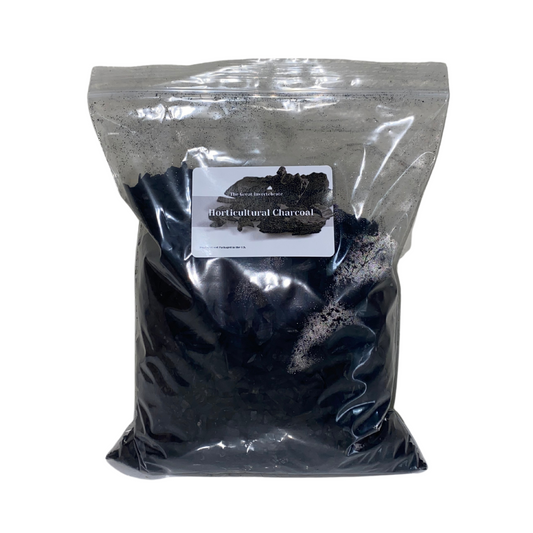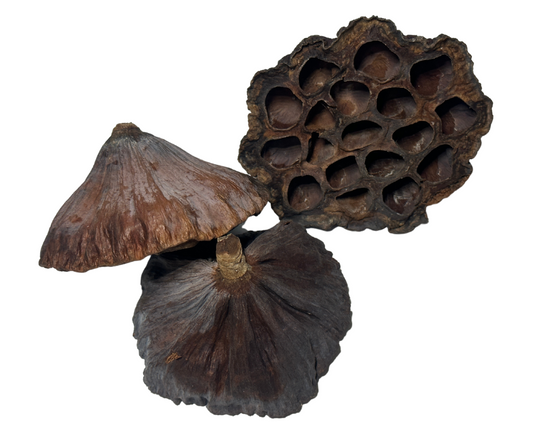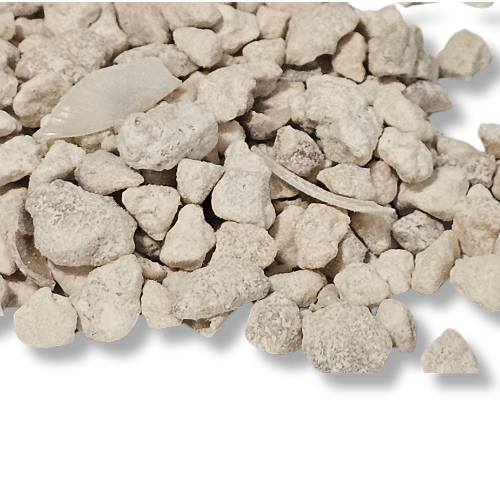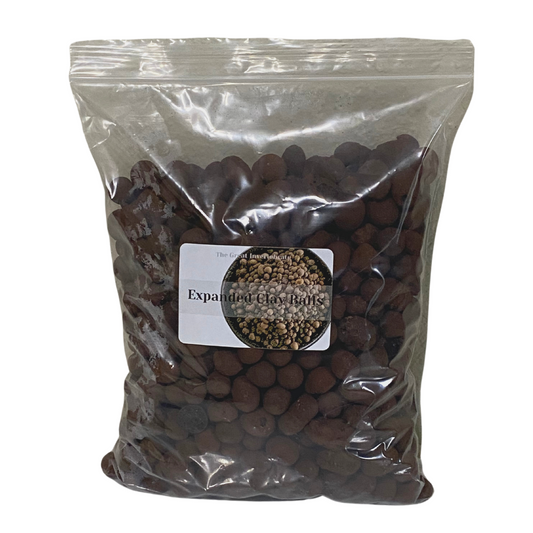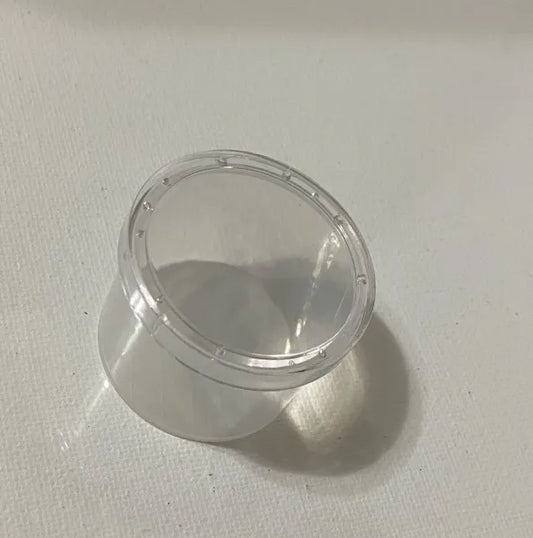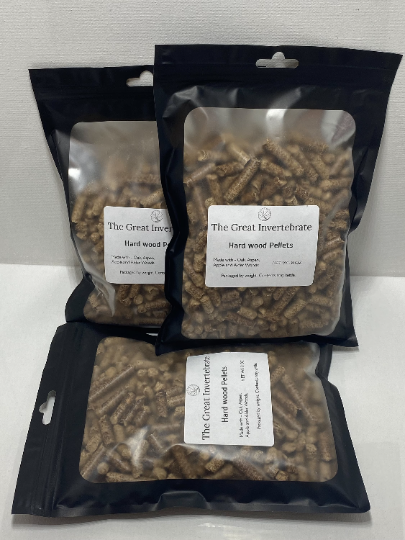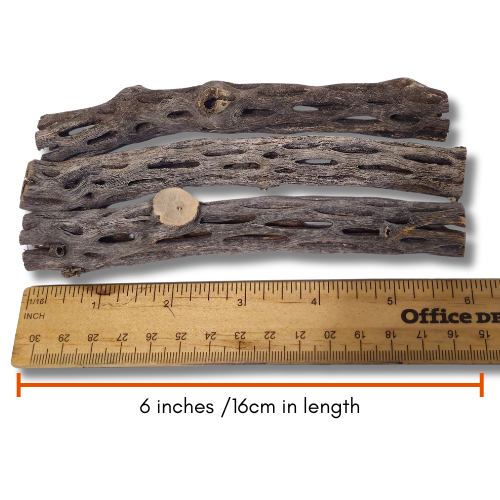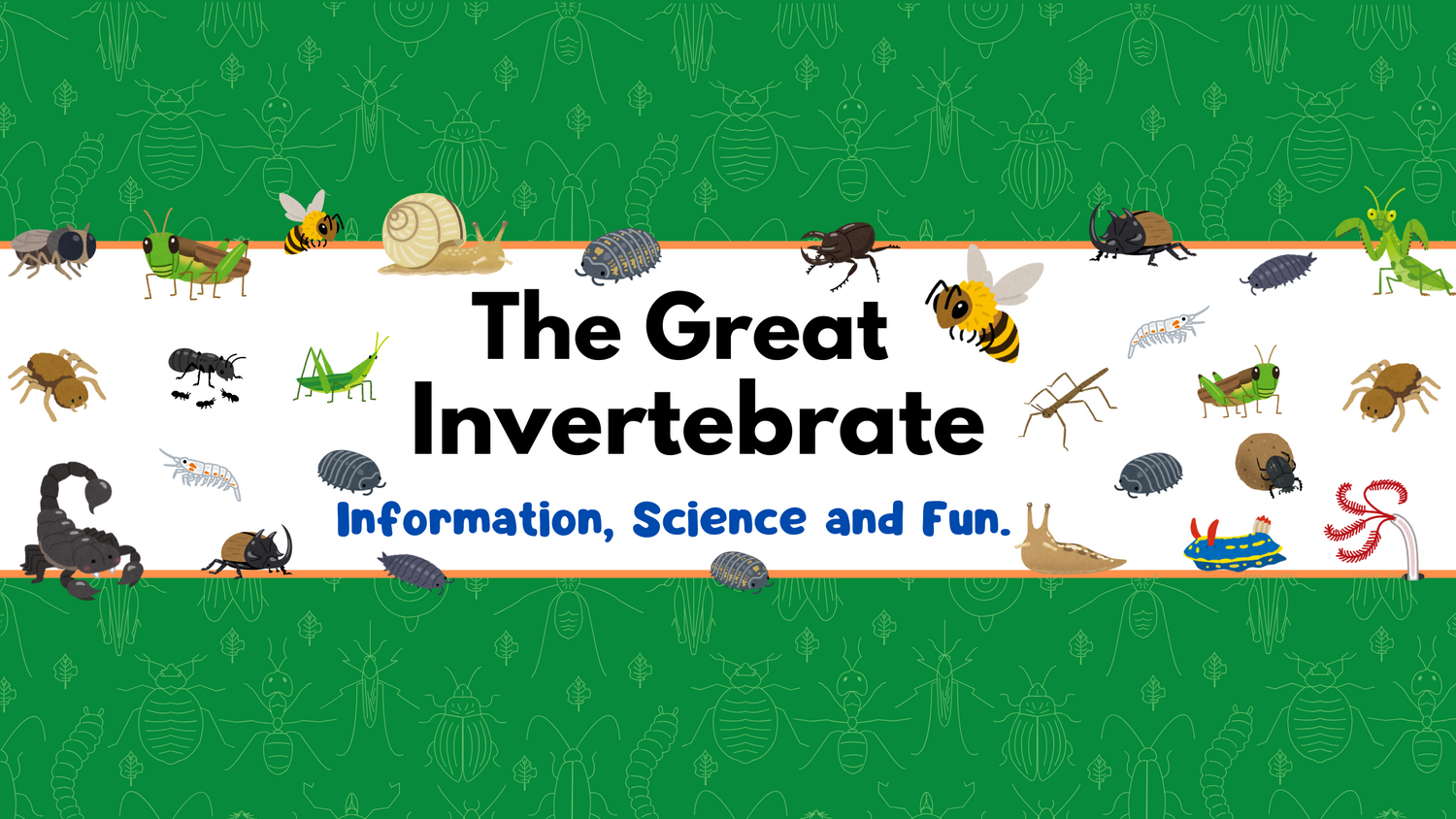
High quality Bioactive Supplies- House Plant Supplies- Invertebrate Supplies & More!
Featured Products
Products that our customers (and their pets) can't live without!
-
Cuttlebone For Isopods, Snails, Invertebrates, and Birds.
Regular price $5.99 USDRegular priceUnit price / per -
Limestone Rock
Regular price $5.99 USDRegular priceUnit price / per -
Bee Pollen Granules
Regular price From $6.99 USDRegular priceUnit price / per -
Oolitic Aragonite Calcium Supplement for Isopods, Chickens and Plants.
Regular price From $5.99 USDRegular priceUnit price / per -
Horticultural Charcoal
Regular price From $4.99 USDRegular priceUnit price / per -
Lotus Pods - Large
Regular price $9.99 USDRegular priceUnit price / per -
Crushed Coral Pieces
Regular price $5.50 USDRegular priceUnit price / per -
LECA - Expanded Clay Balls
Regular price From $6.99 USDRegular priceUnit price / per -

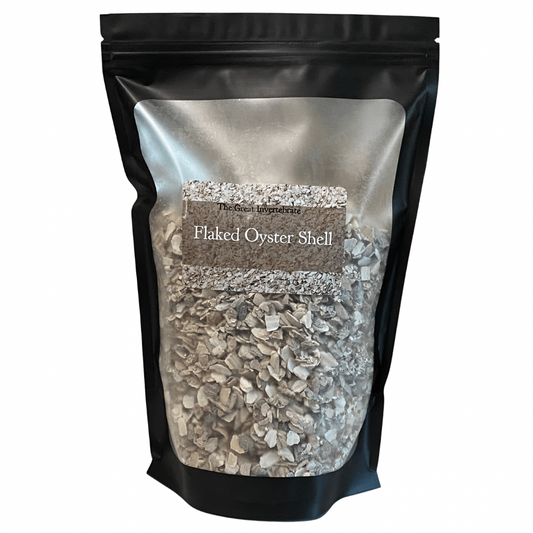 Sale
SaleFlaked Oyster Shell
Regular price From $11.99 USDRegular priceUnit price / per$12.99 USDSale price From $11.99 USDSale -
Creature Magnifier / Bug Viewer
Regular price $4.00 USDRegular priceUnit price / per -
Hard Wood Pellets
Regular price From $5.99 USDRegular priceUnit price / per -
Cholla Cactus Branches
Regular price $10.50 USDRegular priceUnit price / per
Care Guides and Information
View all-

A Guide to Cubaris murina Isopods Including His...
The Cubaris murina is a small terrestrial isopod that has gained popularity amongst reptile and terrarium hobbyists in recent years. This species is also known for being a very forgiving...
A Guide to Cubaris murina Isopods Including His...
The Cubaris murina is a small terrestrial isopod that has gained popularity amongst reptile and terrarium hobbyists in recent years. This species is also known for being a very forgiving...
-

Everything You Ever Wanted to Know About P. lae...
Do you often wonder about how a certain isopod in your collection happened to originate in the hobby? Have you ever thought about the history of the species? Maybe all you really...
7 commentsEverything You Ever Wanted to Know About P. lae...
Do you often wonder about how a certain isopod in your collection happened to originate in the hobby? Have you ever thought about the history of the species? Maybe all you really...
7 comments -
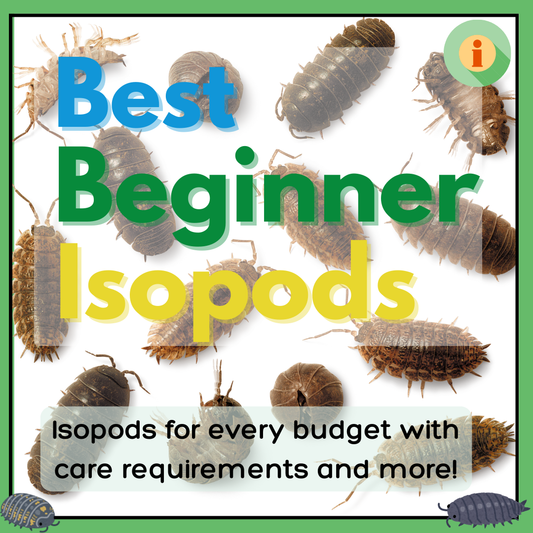
Best Beginner Isopods
An article explaining what I recommend to beginner keepers as some of the easiest and budget friendly isopod species.
Best Beginner Isopods
An article explaining what I recommend to beginner keepers as some of the easiest and budget friendly isopod species.
-

Setting Up and Caring for Protonura sp. "Orange...
A how to guide that helps you set up and care for Orange springtails.
Setting Up and Caring for Protonura sp. "Orange...
A how to guide that helps you set up and care for Orange springtails.
Questions Answered
-
Are Isopods Bugs?
No, isopods belong to a very large group of crustaceans that live on land. There are over 10,000 species with more being discovered each day! Isopods need damp or moist places to live because they breath through gills, however if the environment is too wet or flooded, the isopods will die.
-
Are Isopods Easy To Take Care Of?
For most species, yes! All you need are a secure enclosure, nutritious substrate, a calcium source, moss for a hydration area, some leaves and a piece of old wood or bark for a hide. The isopods eat all these things but people often give them extra food like shrimp or vegetables.
-
Can I Put Isopods in my Reptile or Frog Enclosure?
Isopods make a great addition to any bio-active enclosure as a clean up crew! Some isopods become snacks to the residents of these bio-active enclosures which offer them added protein and enrichment, so we wouldn't recommend an expensive species for that purpose. Other isopods like Porcellio Pruinosis "Powder Blue" and "Dairy Cows" have been known to munch on inhabitants with softer skin, so we would recommend caution with those isopods.


